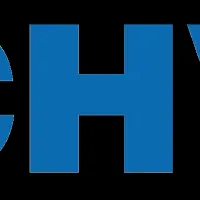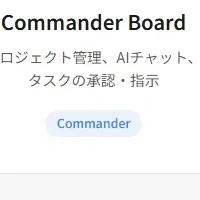
Establishing Ethical Frameworks for AI Development in Europe
Establishing Ethical Frameworks for AI Development in Europe
In an era where artificial intelligence (AI) is increasingly integral to our daily lives, ensuring ethical development and deployment has become paramount. The project CERTAIN, developed by the St. Pölten University of Applied Sciences in Austria, focuses on setting ethical and regulatory standards for AI applications within the European Union. Given the rapid advancements in AI technology, the project seeks to provide transparency, sustainability, and compliance with EU regulations regarding AI development.
Overview of the CERTAIN Project
The CERTAIN project, which stands for Certification for Ethical and Regulatory Transparency in Artificial Intelligence, aims to develop tools that support organizations in adhering to the legal frameworks set forth by the European AI Act. This involves creating user-friendly and effective methods for companies to navigate the complexities of compliance-related to AI, thereby fostering greater trust among users while encouraging innovation.
As project manager Sebastian Neumaier stated, the initiative focuses on creating tools that align AI systems with the strict requirements established by the EU. By prioritizing both regulatory compliance and user clarity, the project hopes to enhance public confidence in AI technologies.
Promoting Transparency and Innovation
One of the core goals of CERTAIN is to cultivate a more transparent AI ecosystem. This involves creating comprehensive guidelines that organizations can easily follow. The project's approach will include the development of digital tools that illustrate the benefits of AI, simplifying the understanding of complex legal requirements. By doing so, the team reinforces the notion that ethical AI development can coexist with technological progress, fostering innovation rather than hindering it.
Data Management and Ethical Practices
Data is a critical component of AI and its associated technologies. CERTAIN emphasizes the need for standardized practices around data management that not only promote sustainable growth but also ensure responsible usage. By establishing norms regarding data interoperability and adherence to existing regulations, the project paves the way for the creation of an open, trustworthy European data space.
The significance of responsible data handling practices is further underscored in the context of ecological challenges brought forth by AI development. The CERTAIN project is in line with the EU’s Green Deal, advocating for energy-efficient AI solutions and sustainable data management practices, thus addressing the environmental implications of AI technology.
Engaging Stakeholders
An essential aspect of the CERTAIN initiative is its commitment to practical collaboration among diverse stakeholders. The team comprises researchers, industries, and end-users, promoting an active dialogue aimed at developing, testing, and optimizing new ideas and products. This cooperative model not only enriches the research process but also ensures that the tools produced are relevant and effective in real-world applications.
The project team continually engages with stakeholders to inform them about legal, ethical, and technical aspects associated with AI certification. This dual approach of developing certification tools while fostering stakeholder engagement ensures that the outcomes are beneficial to all parties involved.
Collaborating for a Sustainable Future
CERTAIN is led by Idemia Identity Security France and involves a consortium of 19 partners across ten European nations, each contributing unique expertise to the project. The diverse collaboration is a resourceful melding of academia, industry, and research institutions that aims to not only address current AI challenges but also anticipate future needs in the field.
The project commenced in January 2025 under the Horizon Europe programme, which aims to fund innovative research endeavors that strengthen the EU's technological capacities. Through CERTAIN, the stakeholders are encouraged to share knowledge and experiences that can critically inform the direction of ethical regulations within AI.
In conclusion, as AI continues to shape our world, projects like CERTAIN play a pivotal role in ensuring that its development follows ethical guidelines, promoting both innovation and accountability. The collaborative efforts aimed at establishing a solid framework for responsible AI usage not only comply with regulations but also foster an ecosystem that values sustainability and transparency, crucial for a digital future thriving on trust and ethical practices.
Topics Consumer Technology)










【About Using Articles】
You can freely use the title and article content by linking to the page where the article is posted.
※ Images cannot be used.
【About Links】
Links are free to use.